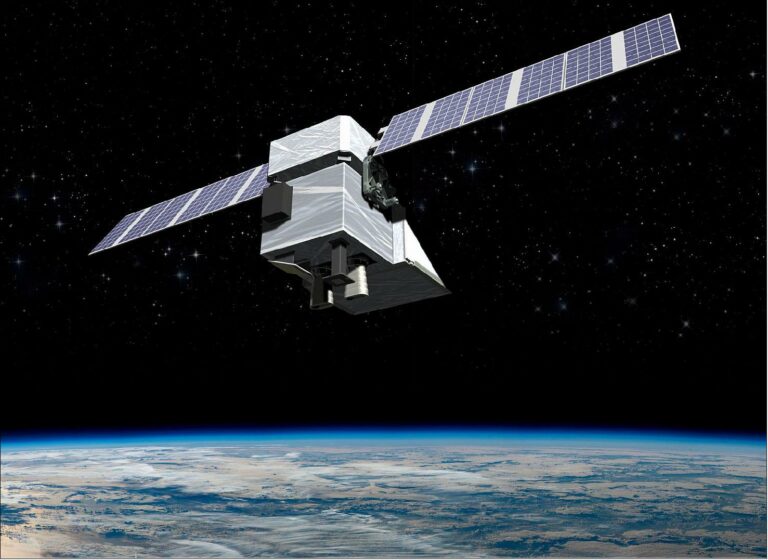Energy Infrastructure Investment Can Provide Economic Relief in Light of COVID-19
The Detroit News recently published an opinion column by Bette Grande, president and CEO of the Roughrider Policy Center and energy research fellow at The Heartland Institute, regarding the significant economic benefits energy infrastructure investment can provide. These benefits are even more important in light of the economic downturn triggered by the coronavirus pandemic.
But despite the clear economic gains from modern energy infrastructure investment, additional legal and regulatory obstacles have been put into place to delay critical development of projects like Line 3 and Line 5. As Grande writes:
In at least two states, though, governors could get thousands of people back to work right away by removing obstacles to existing energy infrastructure projects. Considering the dire economic forecasts, it would be a shame not to let them move forward.
Back in 2018, regulators in Minnesota approved a plan to replace an aging oil pipeline. Line 3, as it is known, carries crude oil from Alberta to Wisconsin, but because of its condition, operates at only half capacity. Last year, Gov. Tim Walz renewed a state appeal to stop the project.
A similar delay is playing out in Michigan, where, in 2018, the state approved agreements to create a tunnel under the Straits of Mackinac, the waterway between Lakes Michigan and Huron. The tunnel is designed to house oil and gas pipelines that now sit unprotected on the bottom of the Straits. Gov. Gretchen Whitmer ordered state agencies to halt action on the proposed tunnel last year. A Michigan court reversed her order, but she still faces pressure to block any forward movement on the project.
The challenges facing these projects are not rooted in fact or based on the merits of the proposed upgrades. Rather, they are an unfortunate result of politics at play and an ideological opposition to the use of fossil fuels. While opponents claim to be focused on the environment, Grande explains that with less pipeline capacity, more crude is transported by train – which produces more greenhouse gas emissions and is less safe than pipeline.
Grande highlights the immediate economic benefits of moving forward with pipeline construction on these projects, and turns to other pipelines that have been completed in recent years, their safe operation, and the benefits they brought to their respective states:
Crucially as we head into a major recession, infrastructure projects offer a slew of economic benefits. Minnesota’s Line 3 replacement would create about 6,500 local jobs over a two-year period, pay some $167 million to local workers and generate another $162 million in purchases at local businesses. In Michigan, Enbridge has committed to spending $500 million on the Straits of Mackinac tunnel, including $40 million right away.
There are also up-and-running examples of the potential economic impact, like Louisiana’s Bayou Bridge, a pipeline extension completed last year. That project paid $71 million to local landowners, plus nearly $35 million to Louisiana-based companies for materials used in the pipeline’s construction. It also created 2,500 construction jobs.
The Dakota Access pipeline, which was similarly stalled by protestors before it was finally completed in 2017, has been a boon for the North Dakota economy. The project produced some 12,000 jobs for North Dakotans during construction, and within its first two years of operation, the pipeline generated more than $263 million in state tax revenue.
In conclusion, the column emphasizes that with the unprecedented challenges facing the American economy, now is not the time to stall perfectly safe infrastructure projects that can support thousands of jobs, usher in new tax revenues, and create new economic opportunities for Americans.

